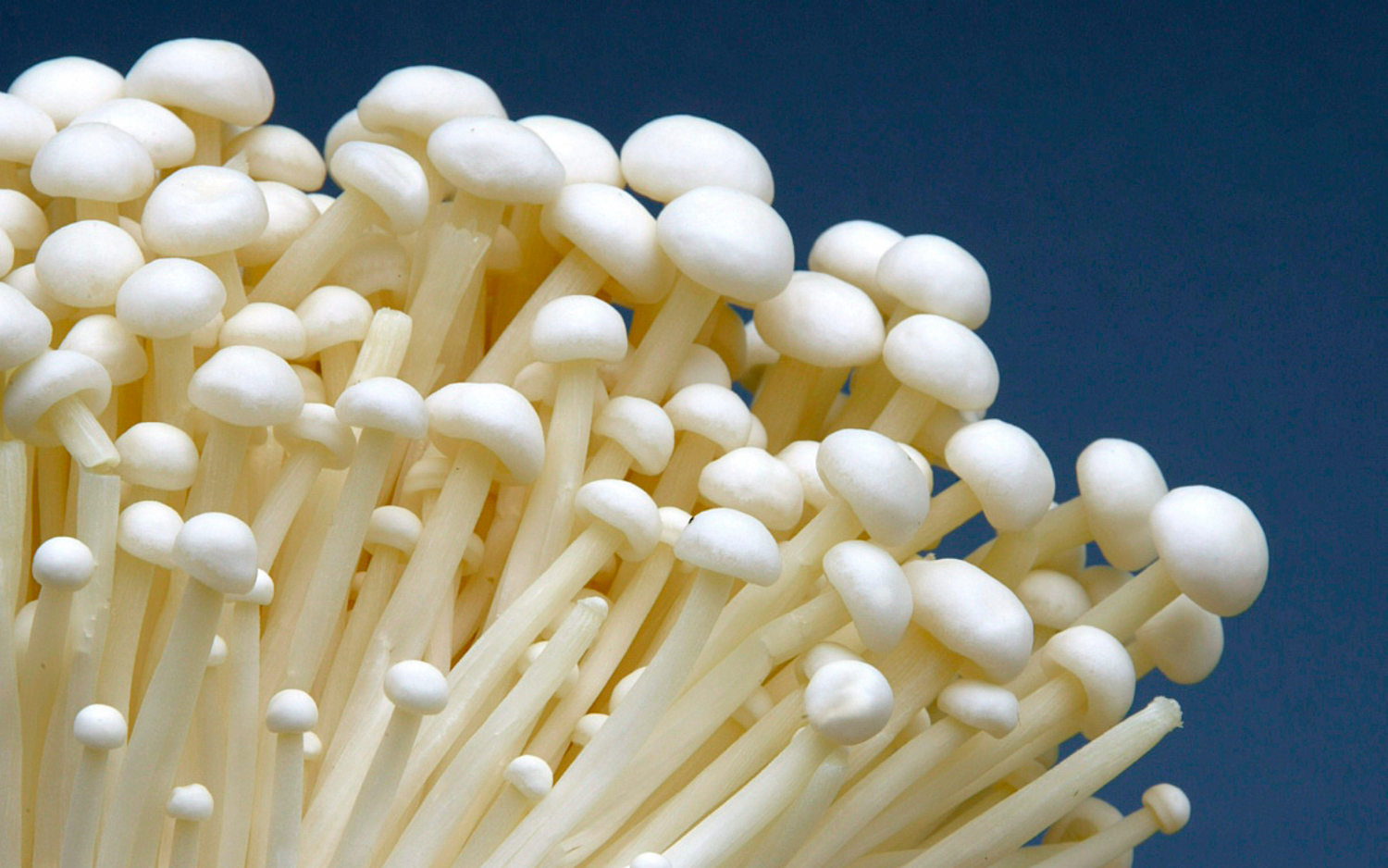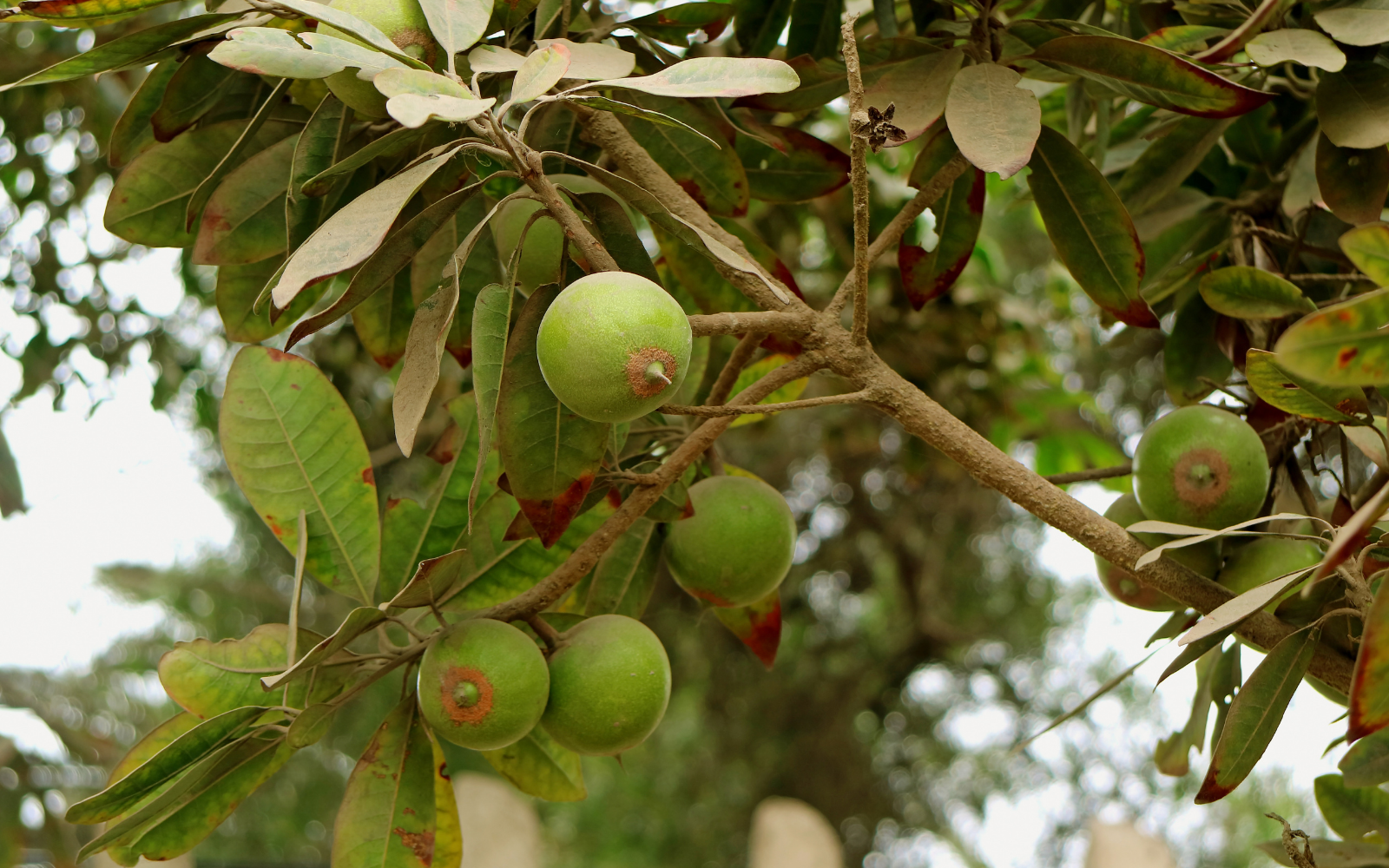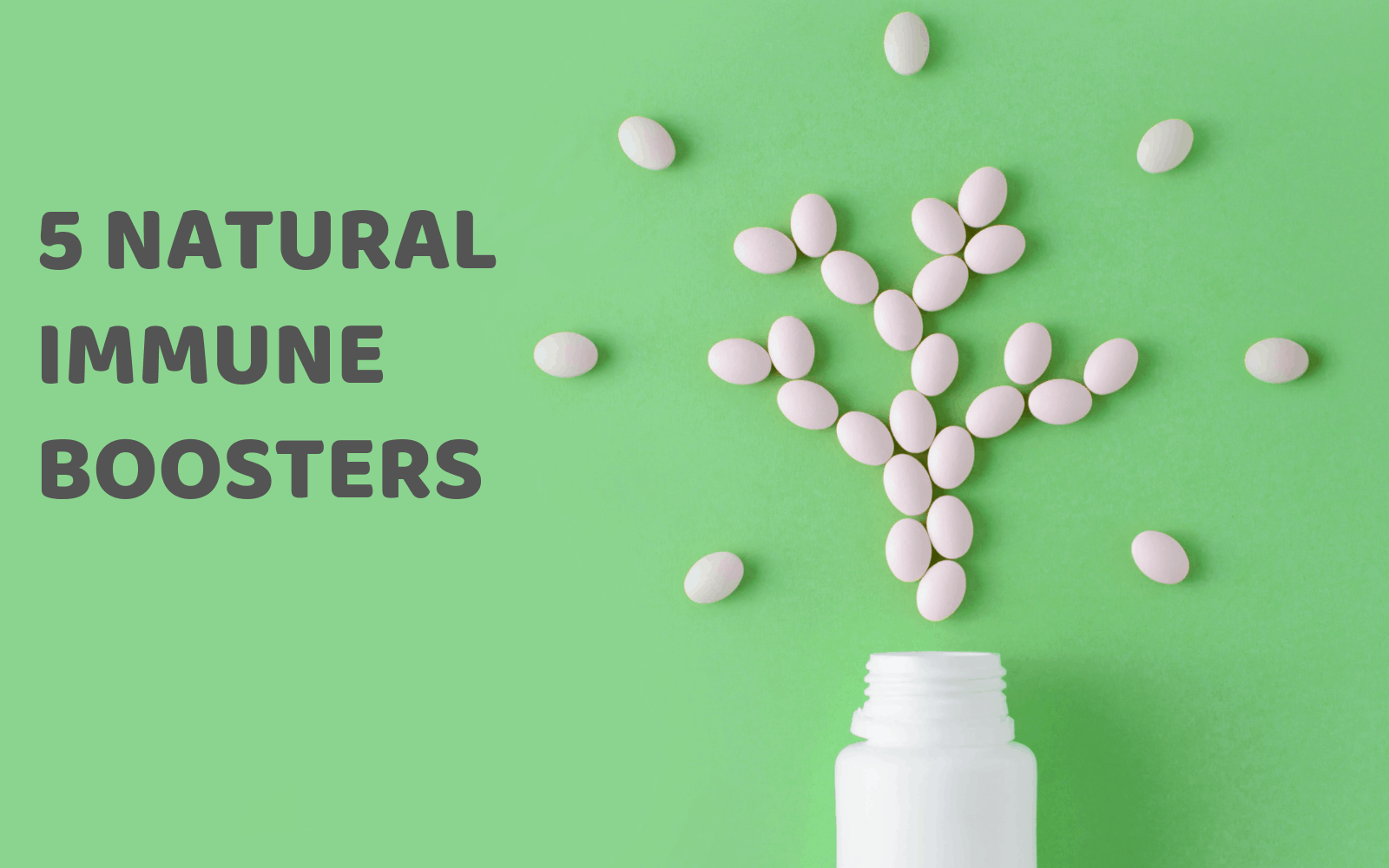We love white mushrooms and portobellos as much as the next person.
But when it comes to more exotic varieties, enoki mushrooms are about as unusual as it gets. Although quite common in Asian cuisine, most American palates (and plates) aren't familiar with these freaky-looking fungi.
So what exactly are enoki mushrooms, where do you find them, how do you eat them, and what are their health benefits? Discover the answers to all these questions and more with our complete guide to enoki mushrooms.




What Are Enoki Mushrooms?
Known as golden needle mushroom or enokitake, which literally means “enoki mushroom” in Japanese, enoki mushrooms are typically white in color and marked by long, skinny stems and small, bulbous caps. Also called jingu in Chinese, paengi beoseot in Korean, and tram vang or kim cham in Vietnamese, these delicate-tasting mushrooms have a firm, somewhat chewy consistency and mildly sweet flavor. Thanks to their versatile taste and texture, enokis are used in everything from hot ramen bowls and miso soup dressed with soy sauce and green onion to other mushroom recipes. More than just edible mushrooms, enokis are also considered medicinal mushrooms thanks to their nutrients and therapeutic benefits. (More on that below.)
Does Enoki Grow In The Wild?
Yes, there are many kinds of wild enoki mushroom that grow around the world—particularly in their native Japan, China, and Korea. Wild enoki typically has more of a brown or golden color with a thicker stem while most cultivated versions you'll find in the grocery store have a milky white hue with very slender stalks. Because it's hard to safely identify wild enoki—especially for first-time foragers—it's best to only consume fresh enoki mushrooms that you buy at the market.
Enoki Mushroom Nutrition
Along with their appealing flavor, enoki mushrooms are a good source of nutrients including B vitamins, which are essential for every aspect of brain function and converting food into energy. (1) One cup of raw enoki mushroom has 24 calories, 1.7 grams of protein, 1.8 grams of dietary fiber, and almost 30% of the daily recommended intake of vitamin B3 (niacin) and 17.56% of vitamin B5. It also has 20% of the recommended vitamin D as well as a number of amino acids, aka the building blocks of protein. (2)
Health Benefits Of Enoki Mushroom
Much like other exotic varieties such as turkey tail, maitake, lion's mane, shiitake mushrooms, and oyster mushrooms, enoki mushrooms have been used in Eastern medicine for centuries to treat a range of ailments. Today, science is finding that there are some real benefits to adding enoki mushroom to your diet. (For lots more useful information, be sure to check out our guide to the surprising nutritional benefits of mushrooms.)
Boosts Immune System
Like other mushrooms, enokis boast a high amount of antioxidants, which are key for fighting free radicals, protecting the immune system, and reducing oxidative stresses such as cancer, cardiovascular disease, and diabetes. (3) Studies published in 2014 demonstrate that hamsters given enoki mushroom powder and extract had antioxidant activity levels as high as 99.7%, which could prevent free radical and oxygen attacks. (4)
Promotes Weight Loss
Research has shown that edible mushrooms in general have an anti-obesity effect. (5) What's more, enokis are a good source of conjugated linoleic acid (CLA)—a natural fatty acid typically found in meat and dairy products—that helps decrease gut fat and is thought to trigger enzymes that metabolize fat. (6) As such, enoki is becoming an increasingly popular supplement.
Reduces Blood Sugar, Hypertension & Cholesterol
The biologically active components in enoki mushroom such as dietary fiber, polysaccharides, and mycosterol have been scientifically proven to reduce blood sugar, blood pressure, and cholesterol. (7) Because enoki is rich in these compounds, consuming this edible mushroom could help regulate glucose levels, relieve hypertension, and accelerate the decomposition of cholesterol, which in turn lowers its concentration in the blood.
May Fight Cancers and Tumors
Enoki has numerous anticancer and antitumor effects thanks to its many bioactive properties including phenolic compounds, beta-glucans, and glycoproteins, just to name a few. Studies from as far back as 2006 revealed the anticancer potential of enoki extract, which was particularly effective against breast cancer cell lines. (8) More recent research demonstrates that enoki extract has reduced the spread of lung cancer cells, stomach cancer cells, and had antitumor activity. (8)

Best Ways To Use Enoki Mushrooms
- To prepare enoki mushrooms, start by washing them. Remove any slimy or discolored pieces, then rinse with cold water. Cut off the tougher ends, much like you would the bottom portion of asparagus stalks.
- Because of their tender texture and mild taste, it's fairly easy to incorporate enokis into any mushroom recipe. To cook enoki mushrooms, stir-fry them with vegetables, tofu, or any other protein in sesame oil.
- For a more creative twist, try this recipe for enoki mushroom pancakes. This simple dish will look impressive but you'll be done in 20 minutes! (watch video below)
- Unlike other exotic mushrooms, enoki is not expensive, so don't be afraid to experiment and try it in different dishes. Create a grain bowl with quinoa, sweet potatoes, and enoki mushroom. Add it to noodles, rice, or simply sauté it with garlic and onion for a yummy side dish that goes with practically anything.
- Enoki mushroom supplements (usually capsules) are becoming increasingly popular. If you decide to go this route, be sure to talk to your doctor first and look for trusted brands that use non-GMO and organic ingredients.


